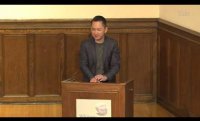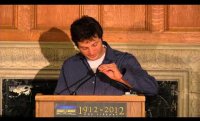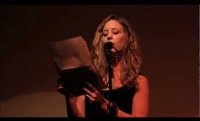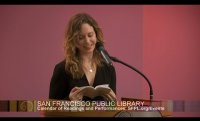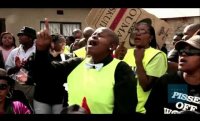Kirkus Prize Winners Announced
Last night at a ceremony in Austin, Texas, Kirkus Reviews announced the winners of the third annual Kirkus Prize. Three awards of $50,000 each are given for a book of fiction, nonfiction, and young readers’ literature published in the previous year.
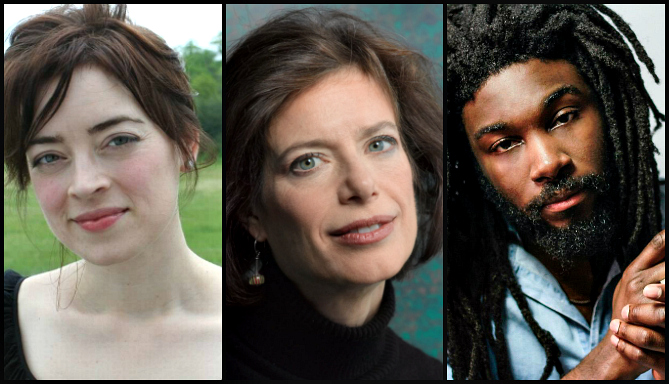
C. E. Morgan won the fiction award for her second novel, The Sport of Kings (Farrar, Straus and Giroux). Fiction writer Claire Messud, bookseller Annie Philbrick, and Kirkus Reviews critic Gene Seymour judged.
Pulitzer Prize–winning journalist Susan Faludi took home the nonfiction prize for In the Darkroom (Metropolitan). Writer Jim Piechota, bookseller Chris Schoppa, and journalist and novelist Héctor Tobar judged.
Jason Reynolds won the young readers’ literature prize for his novel As Brave As You (Caitlyn Dlouhy). Bookseller and author Elizabeth Bluemle, Kirkus critic and librarian Deborah D. Taylor, and National Book Award–winning author Jacqueline Woodson judged.
The winners were selected from 1,154 titles that received a Kirkus starred review between November 1, 2015, and October 31, 2016, for fiction and nonfiction, and between October 1, 2015, and September 30, 2016, for young readers’ literature.
One of the world’s richest literary awards, the Kirkus Prize was established in 2014 to honor the eighty-first anniversary of Kirkus Reviews, a publication that today provides review coverage of more than seven thousand commercially published books, as well as more than three thousand self-published books, each year. For more information about the prize, as well as a list of finalists in each category, visit the Kirkus Reviews website.
(Photos from left: C. E. Morgan, Susan Faludi, Jason Reynolds)






